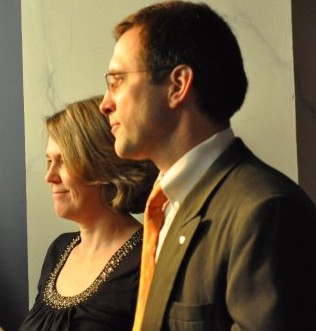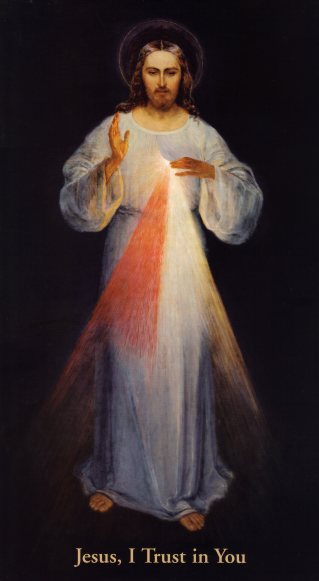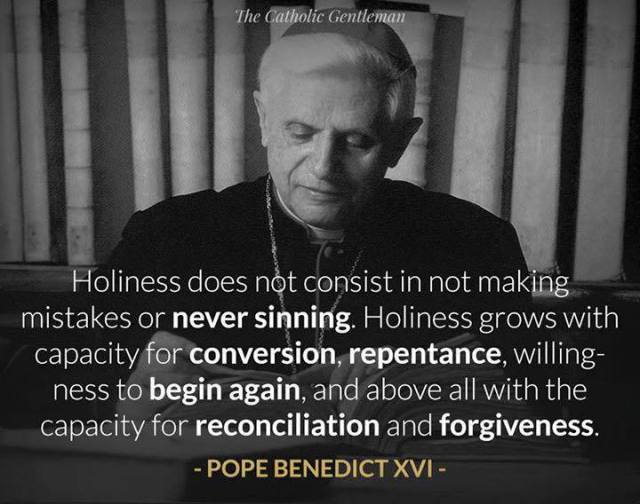
This week, an unspeakable sorrow has been weighing on my heart. I am in utter shock and bewilderment at the passing of Siena’s Godfather, Dr. Paul Matthews (50), who was taken from this earth far too soon. My heart breaks for his beautiful wife, 9 children, and 7 grandchildren. I can only imagine how many other lives this man must have touched (especially through his medical practice) who are equally anguished over his passing. Heaven will have gained another saint, that’s for sure.
I was honored and blessed to have the Matthews family in my life when I did. They were quick to welcome us into their home and quick to captivate my heart. I like to think they took me under their wing for the few years I was in Iowa. Although they had a lot to handle in captaining the Matthews ship, they never hesitated in extending their love to those beyond family ties. Paul and Laura both left an indelible mark on my heart and soul, one which I will carry with me all the days of my life. I just want to share a small glimpse of this wonderful man’s life, however limited my scope may be, if only to honor his memory.
How did I meet Paul? Well, I learned weeks after moving to Iowa that I was pregnant with Siena. I was still breastfeeding Dominic, who was 14 months old, so I was shocked to be expecting again. I had been disillusioned with my marriage and my faith at the time. So, God’s Providence led me to the website www.OneMoreSoul.com. There I discovered that in the middle of nowhere, Iowa, in a town of 800 people, I was only 40 minutes from the only Catholic, life-affirming doctor who was also in OB/Family Practice! Some may not think it matters much what your doctor’s philosophy or religion is. But, having a doctor patronize you throughout pregnancy and postpartum visits for refusing birth control, tubal ligation, etc. puts a damper on an already tough experience. When you’re pregnant, you don’t want to feel irresponsible or think of this child as anything but a wonderful miracle God has knitted Himself inside your womb.
As I sat in Paul’s exam room, I looked around amazed at all the literature from the Paul VI Institute. He was the real deal—someone who understood the necessity of an integrated Catholic life. I felt like I could trust this man with mine and my baby’s lives before I even met him. I looked forward to my OB check ups from then on because he shared helpful natural remedies rather than prescribing pharmaceuticals, and we could chat about Catholic current events and the like. He was the closest thing I had to a friend in Iowa at the time.
After Siena was born, I sank into a deep depression. I had hoped her arrival would begin a new chapter in my family life, but nothing had really changed. (Never pin your hopes and dreams on the back of a little baby; their backs are far to small to bear them.) I began to wonder if I was suffering from Postpartum Depression, so I paid a visit to our family doc. I opened up to Paul about how I was feeling at home, and when asked about possible causes, I revealed some personal struggles I was going through.
Paul pulled out his little notepad and wrote down a name and number. He looked at me with compassion and told me I don’t have Postpartum Depression. “You just need some friends, that’s all,” he said matter-of-factly. Then, he handed me the piece of paper and told me it was his wife’s number. She had a Bible study/mom’s group thing that met once a week. “That’s your prescription,” he smiled and patted me on the shoulder. His prescription gave me hope, and I thanked him as I collected my purse. As I was about to leave, he pulled out his phone and said he had a DVD that could help with some of my personal issues. He called his wife to have it ready for me to pick up, saying his house was just across the street (he wasn’t kidding). I was hesitant, a bit embarrassed that my first meeting with his wife would be a clear indication of my (very) personal problems. But, Paul had a way about him that made you feel there was nothing to be ashamed of in reaching out for help (he would always go the extra mile for someone in need). I’m so glad I swallowed my pride because I am a better person for having become friends with Paul and Laura, not to mention the rest of my little Catholic mom’s group in Emmetsburg, IA.
There were mom’s groups, Bible studies, dinners, SuperBowl parties, and other gatherings in the Matthews home, memories of which I still hold near and dear to my heart. These were encounters with a truly Christian couple who taught me so much simply by being themselves, by generously allowing me to peer through the window of their family life. He was the kind of husband and father that made wives nudge their husbands and whisper, “watch and learn.” Laura is the kind of wife and mother you sit back and wonder, “how does she do it, and with such grace?” You could see the love between Paul and Laura, even in the quick looks they gave each other across a crowded room. Their love was just awe-inspiring. I’m so happy God blessed them by joining them together at a young age so they could share many years together, although not as many as we had hoped. I witnessed what it means to live a Christian life, something beyond just Church on Sunday’s. Because of Paul and Laura, I re-learned the inestimable values of faith and family truly lived out for God. His home was one of constant learning (he seemed to favor the Socratic method), faith, laughter, and song. It breaks my heart to think of it filled with tears right now. Thankfully, he has left behind a legacy of love that lives on in the lives of his wife and children, and in the many people he inspired during his short lifetime. I pray the Matthews home will return again to the happy home of love and laughter sooner rather than later because Paul wouldn’t have it any other way. I know that if anyone can get through something like this and come out the other side stronger and closer, it is Laura and her children. God’s ways are mysterious, but He never breaks His promises. Paul is still very much alive, and God willing, we will meet again.
Thank you to the Matthews family for sharing such a wonderful man with the rest of us. May God’s holy angels surround you to strengthen and sustain you through this time of grief.
Paul, my heart breaks that God has called you home so soon. I had looked forward to the “one day” we could have a little reunion so Siena could make some wonderful memories with her Godfather. But, God must have some other marvelous plans for you to help work for all of us up there.
As your tender hands ushered each new life into this world, may God’s mighty hands usher your soul to new life, joining in the endless song of the Angels and Saints in the splendor of God’s love. Rest in peace, my dear friend.

St. Paul to the Philippians:
“Rejoice in the Lord always; again I will say, Rejoice. Let your gentleness be known to everyone. The Lord is near. Do not worry about anything, but in everything by prayer and supplication with thanksgiving let your requests be made known to God. And the peace of God, which surpasses all understanding, will guard your hearts and your minds in Christ Jesus.
Finally, beloved, whatever is true, whatever is honorable, whatever is just, whatever is pure, whatever is pleasing, whatever is commendable, if there is any excellence and if there is anything worthy of praise, think about these things. Keep on doing the things that you have learned and received and heard and seen in me, and the God of peace will be with you.
I rejoice in the Lord greatly that now at last you have revived your concern for me; indeed, you were concerned for me, but had no opportunity to show it. Not that I am referring to being in need; for I have learned to be content with whatever I have. I know what it is to have little, and I know what it is to have plenty. In any and all circumstances I have learned the secret of being well-fed and of going hungry, of having plenty and of being in need. I can do all things through him who strengthens me. In any case, it was kind of you to share my distress.” ~ Philippians 4:4-13




